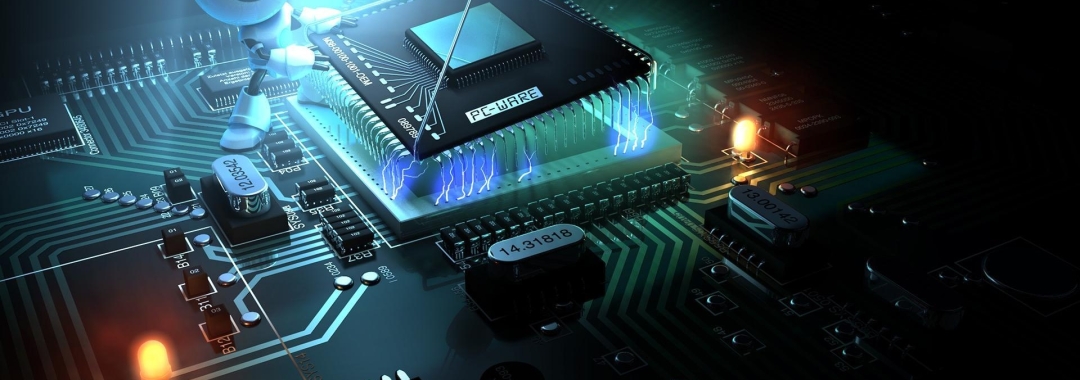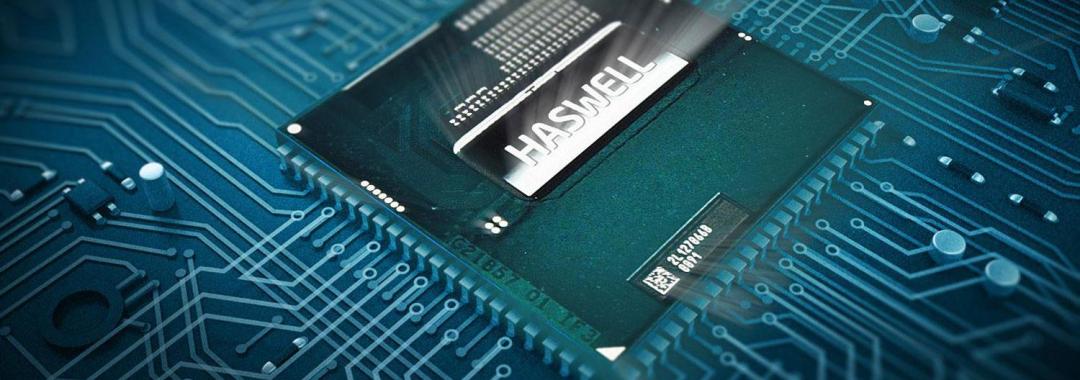The course will take an in-depth look at the current and future trends in the design of computer architectures and system platforms for emerging computing domains, in particular Cloud and Mobile Platforms. This course will be focused on deconstructing the high impact work that is fresh off the presses and understanding how these works may be bellwethers of things to come.
This is a paper reading and research project course. We’ll read 2 papers a week presented by students. Students are expected to present on your turn, read the assigned papers, and participate in discussions when it is not your turn. In addition we’ll do a research project, to be turned in before Monday of finals week. You can work individually on the research project or combine forces with others for group projects.
The selection of papers that we’ll read from is listed here:



